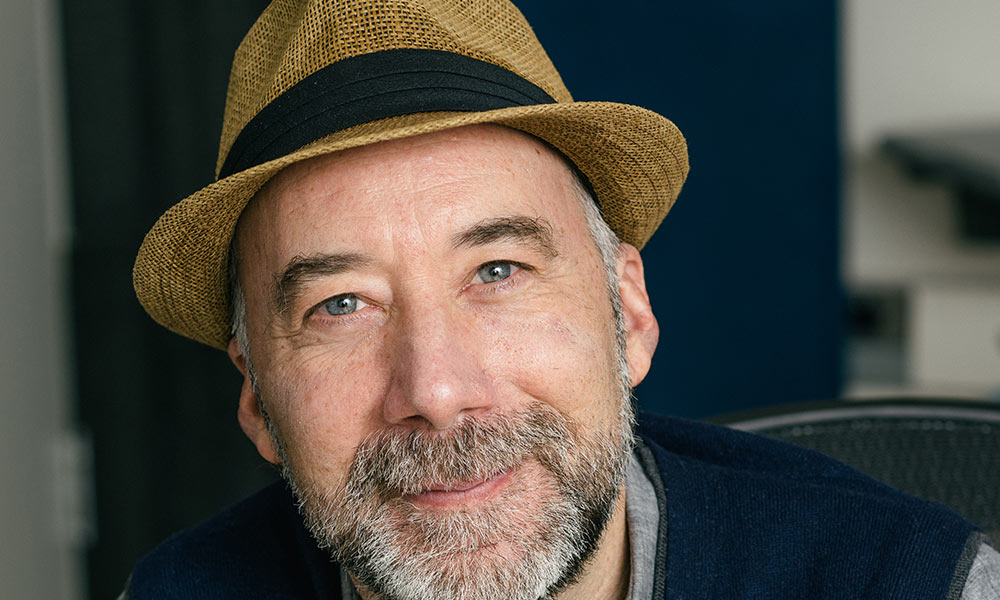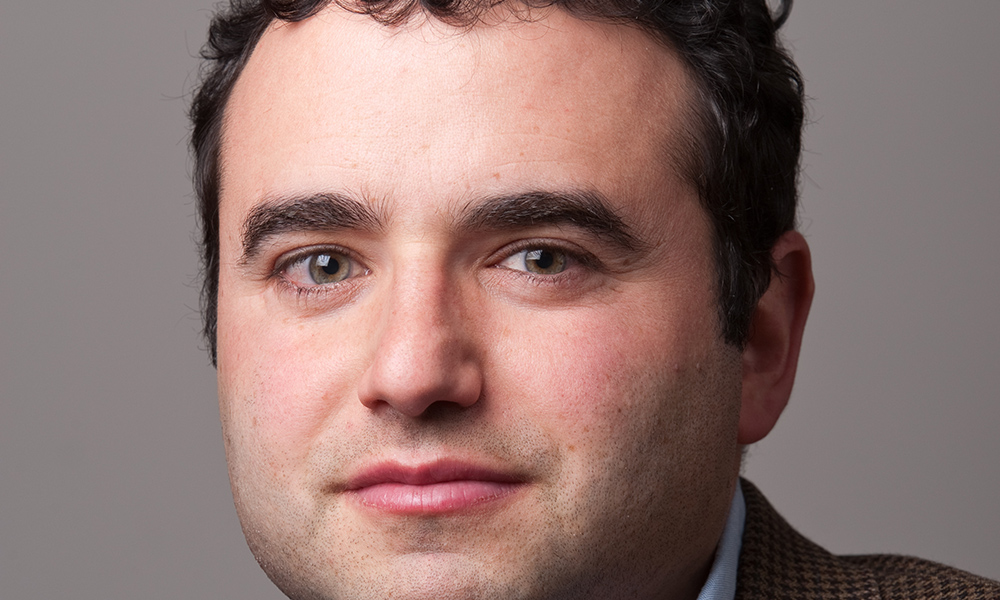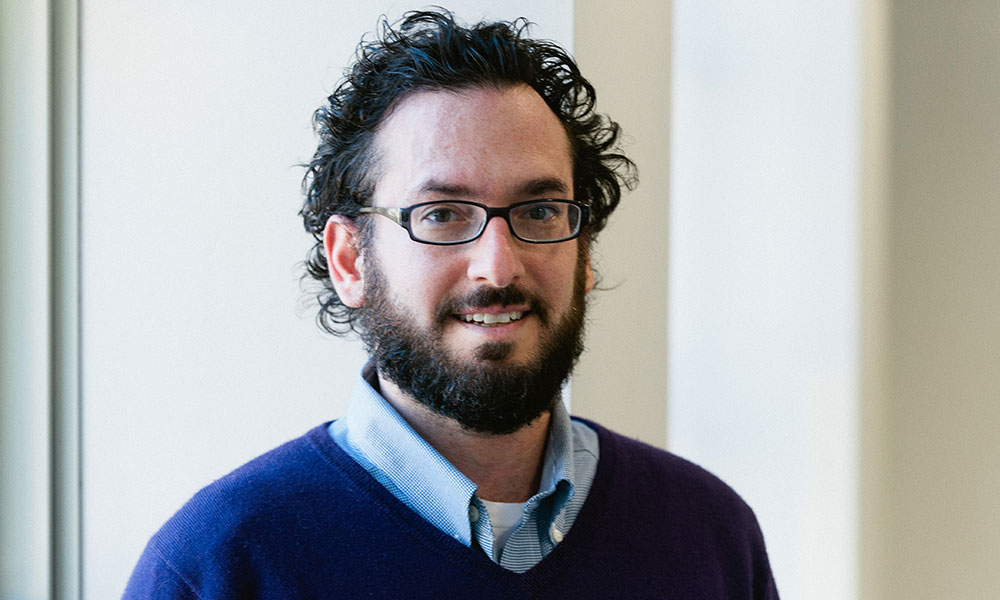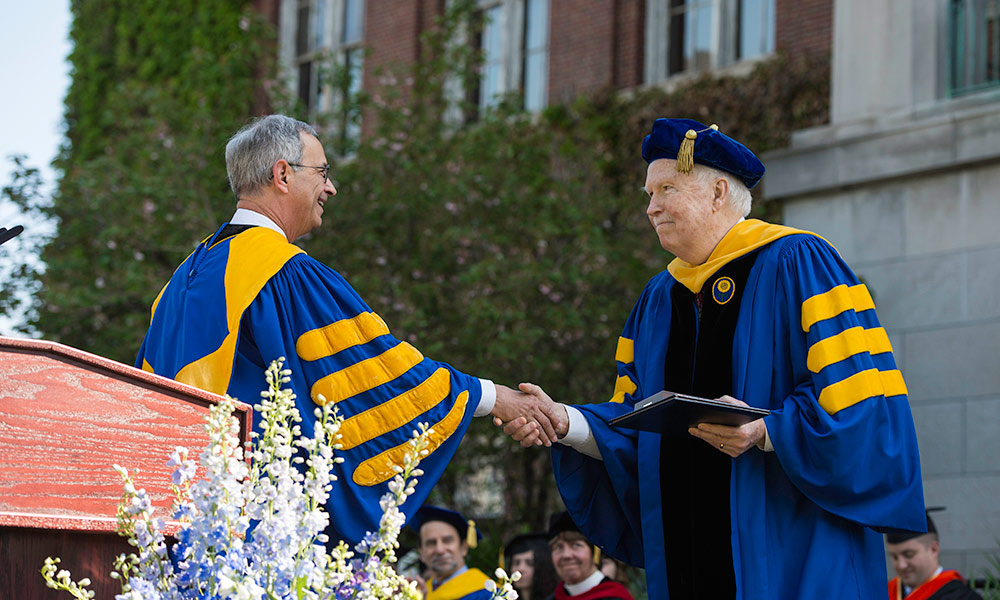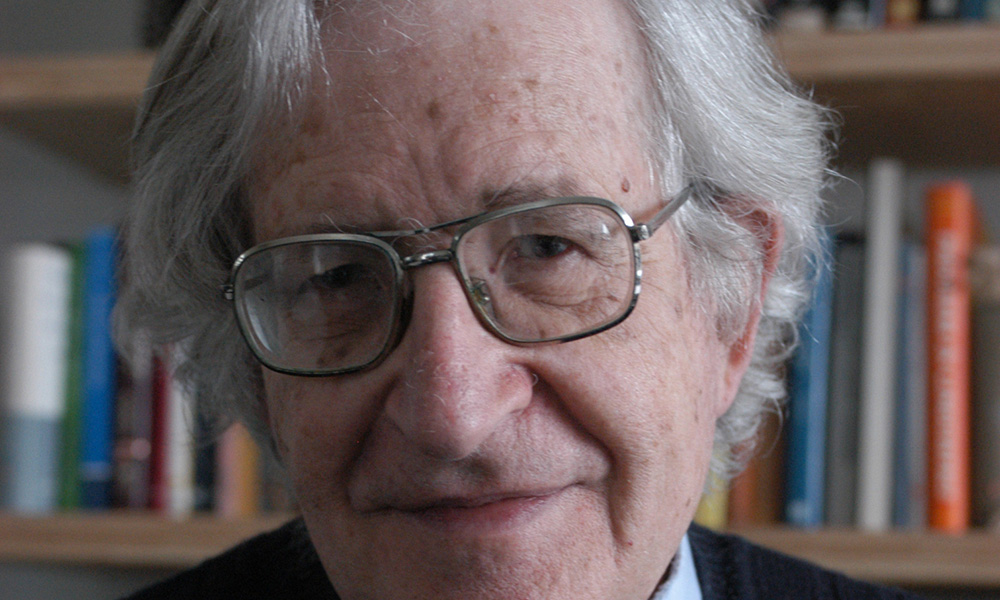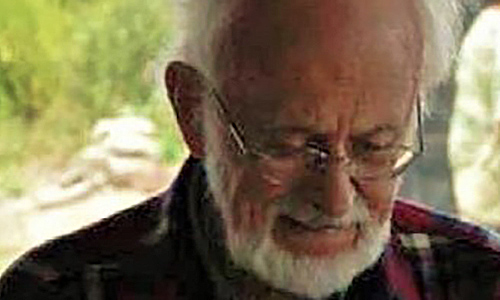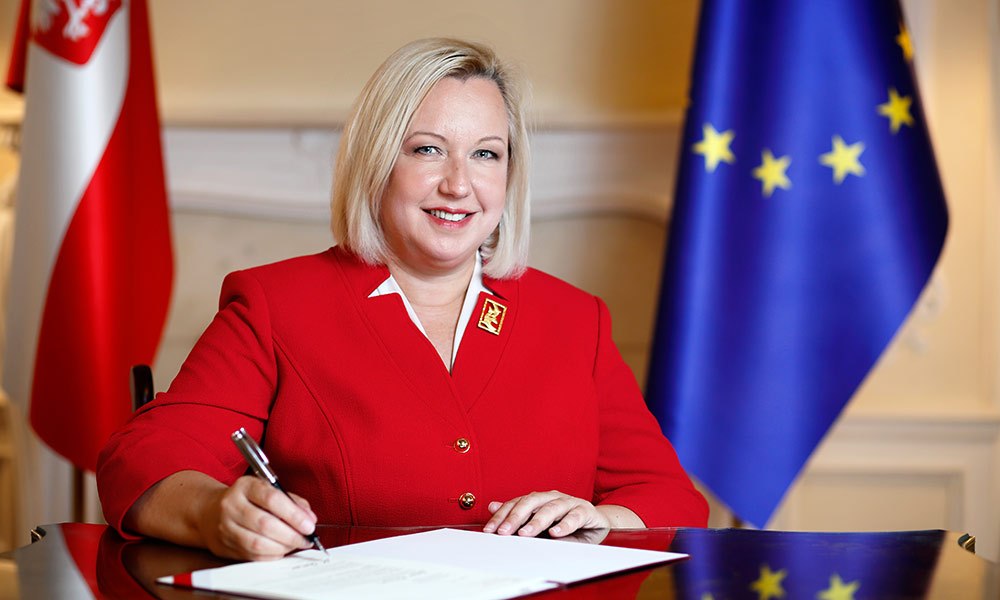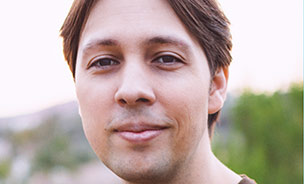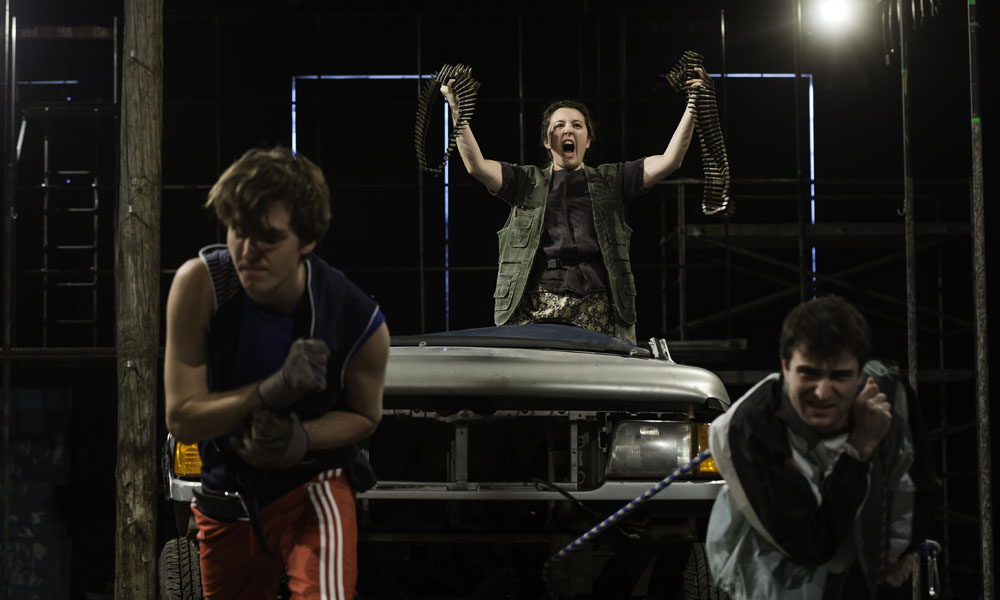Society & Culture
Conversations on linguistics and politics with Noam Chomsky
April 18, 2016
Noam Chomsky, professor of linguistics, emeritus, at Massachusetts Institute of Technology, is the University’s Distinguished Visiting Humanist. Chomsky, an esteemed linguist, philosopher, political commentator, and activist, will meet with students and faculty this week. In advance of his visit, Jeffrey Runner, Chair of the Department of Linguistics, and Theodore Brown, Professor of History and Charles E. and Dale L. Phelps Professor of Public Health and Policy, talked with Chomsky about his seminal works in linguistics and politics.
